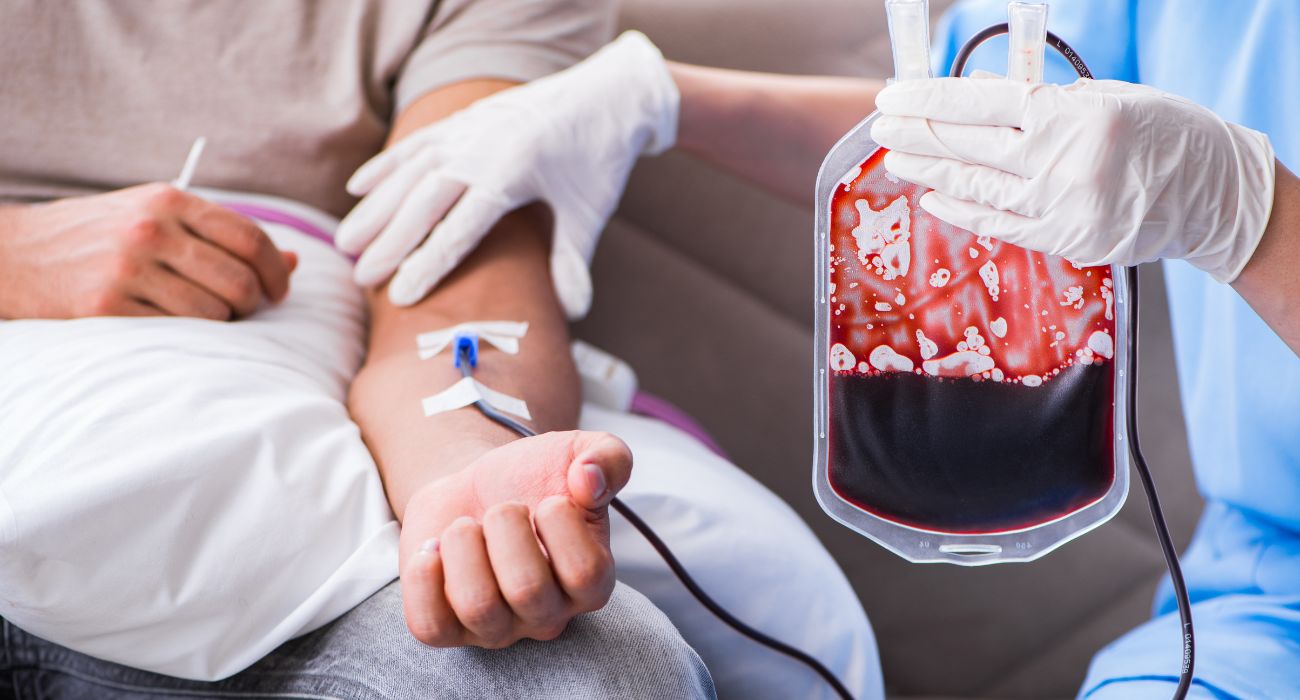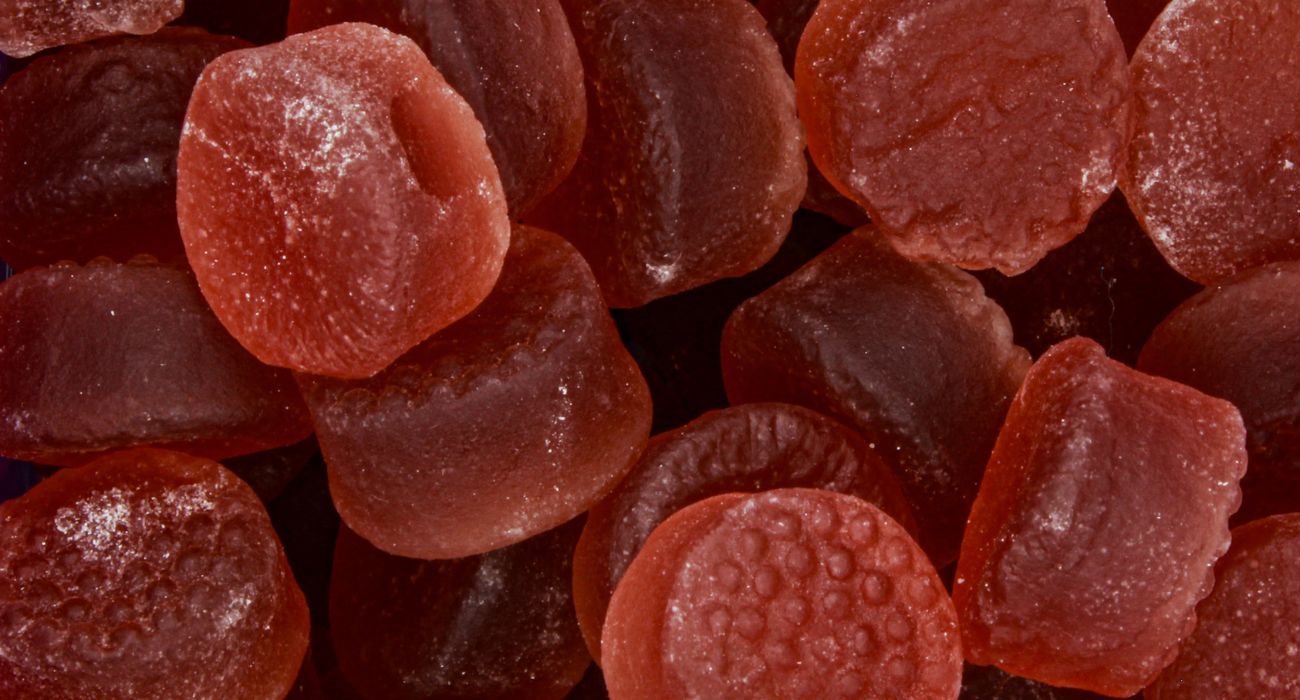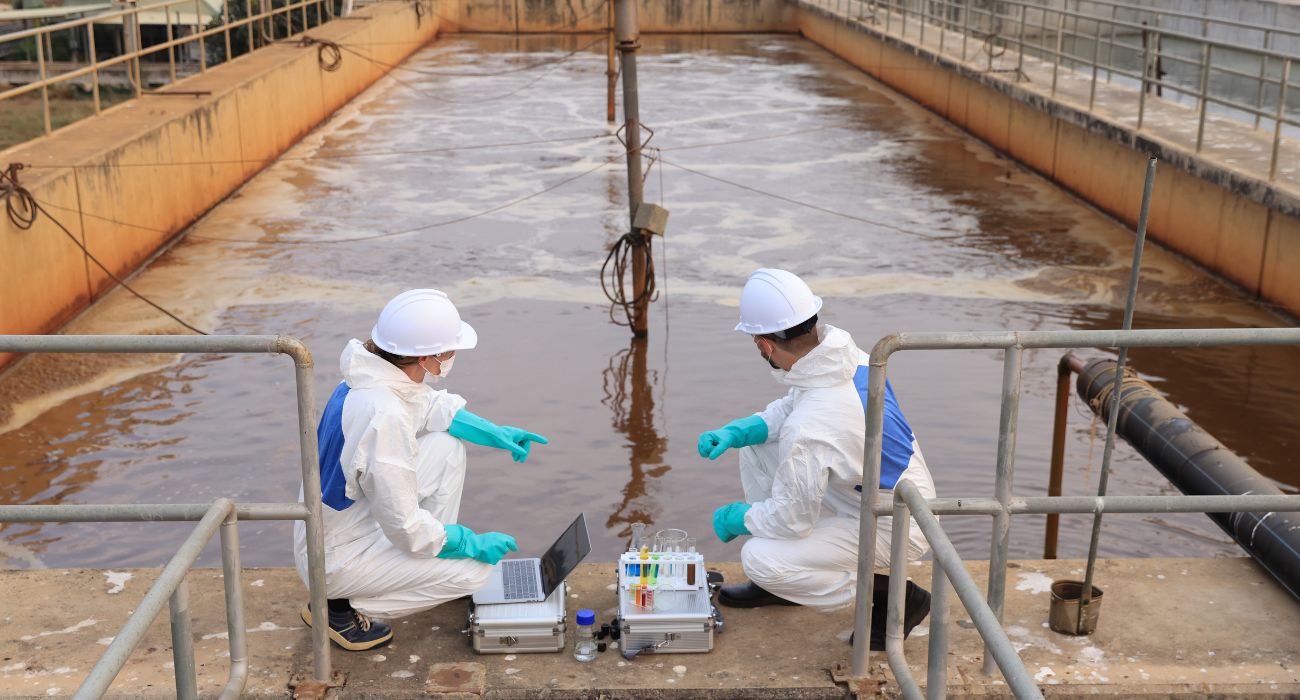For the first time in history, artificial human blood manufactured from scratch in a laboratory is being used in human trials to test the new technology’s viability and durability.
Over the next few months, 10 volunteer patients will receive small amounts of the blood so researchers can study the lifespan and possible side effects of the artificial red blood cells.
Two volunteers from the United Kingdom have already received their small transfusions.
In the future, lab-grown blood cells could allow researchers to custom-make blood for people with rare blood types, the stock of which is in short supply.
Some researchers claim that lab-grown blood could be a lifesaving breakthrough for people with certain blood diseases like sickle-cell anemia. Blood transfusions for these patients are more complicated than simply matching blood type, explained researcher Ashley Toye of the University of Bristol, speaking with BBC News.
Instead, the body rejects any blood that does not precisely match its unique tissue makeup, meaning such patients only have a handful of matching donors in the entire world, said Toye.
Although the process is lengthy and intricate, a single pint of natural blood can yield 15 billion artificial red blood cells. Researchers begin by using magnetic beads to pull out flexible stem cells, capable of becoming red blood cells, from a regular blood donation.
The stem cells are then placed in a nutrient solution that will encourage those cells to multiply and develop into more mature cells over the course of three weeks. Once matured, the artificial cells are purified using a standard filter before being stored, ready for transfusion into patients.
The 10 volunteer test subjects are receiving their series of mini-transfusions four months apart so that the lifespan of the lab-grown red blood cells can be monitored. If proven durable, blood made in a lab could reduce the number of transfusions people with blood disorders need.
Dr. Farrukh Shah, medical director of Transfusion for NHS Blood and Transplant, called the discovery “very significant.”
“Patients who need regular or intermittent blood transfusions may develop antibodies against minor blood groups which makes it harder to find donor blood that can be transfused without the risk of a potentially life-threatening reaction,” he stated.
He added that using lab-grown blood can tailor transfusions to fit each patient’s biological makeup and prevent complications.
So far, the two volunteers who received transfusions reported no side effects.
The new lab-made blood will continue through a rigorous testing and monitoring period to ensure it is safe for use.






